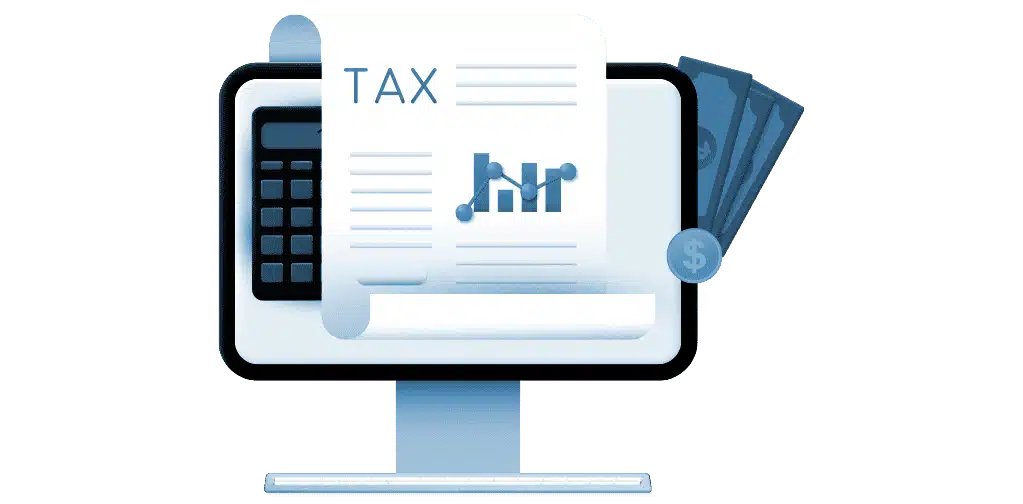Forex Tax

Forex Taxation Process
The goal of any forex trader is to make successful trades, and when getting started, taxes are really not a serious consideration, if at all. But it is important for any serious trader that intends to be profitable in the long run to consider what his/her tax liability or responsibility will be. The fact is you are trading forex to make money and not exactly to get on the wrong side of tax authorities.
Australian Trading Taxation Process
The ATO (Australian Taxation Office) in Australia also classifies forex trading into two types of investing activities: investing and trading.
Investors are those that make a profit on an asset or trade made more than 12 months ago. Investors are liable to capital gains tax, with a 50% discount. Losses are not tax-deductible, but they can be used to offset capital gains made in the current or future financial years.
Traders, on the other hand, make money out of short-term speculative activity, which is basically holding assets or trades for less than 12 months. Practically, all retail forex traders will fall under this category, and their trading income will be taxed at their personal tax rates. Trading income is profits minus losses and other associated trading expenses. The ability to make tax deductibles allows traders to maintain maximum capital to continue their forex trading activity.
UK Trading Taxation Process
It is worth noting that different jurisdictions treat forex trading differently, and this eventually determines the tax responsibility of their respective citizens. In the UK, for instance, the HMRC will determine your tax liability depending on your trader classification or the type of forex trading activities you perform. Forex traders who use spread betting accounts are not required to pay any kind of tax. This may sound appealing, but such traders are also not eligible for any tax claims on their losses.
The other classification is a self-employed trader, who will be liable to pay business tax. Self-employed traders are eligible for claims on their losses. Some traders (especially big accounts) are classified as private investors- and they are liable to pay capital gains tax.
CFD trading in the UK is subject to capital gains tax: with annual profits below £50,000 taxed at a 10% rate and those above £50,000 taxed at a rate of 20%. Nonetheless, there is a tax allowance for the first £12,000 in trading income. This makes the UK CFD tax one of the most favourable in the world.
There is also the broader classification of full-time and part-time forex traders. Full-time traders (those who trade for a living) are liable to paying income tax at their relevant rate, whereas part-time traders are considered spread betters who do not incur any tax liability.
Canadian Trading Taxation Process
UK tax laws regarding forex trading are largely considered progressive, but they are also a little ambiguous. This is not the case with Canada, where the CRA has clearly classified forex traders as either investors or business owners.
Investors are highly capitalised individuals who trade infrequently, or rather, have a long-term view on their investments. Investors are liable to a capital gains tax of 50% of their marginal tax rate.
Most forex traders, however, fall under the business owner category. As such, profits and losses are considered as business income, not capital. In this way, 100% of profits are taxed at your current tax rate. And like other businesses, 100% of losses qualify for a tax deduction. In addition to losses, forex traders can also put claims on trading expenses, such as deposit/withdrawal fees, purchase of educational or related trading resources, internet fees, and the purchase of trading equipment.
Final Word
Understanding your tax responsibility is very important if you plan to engage in forex trading. Furthermore, keeping track of your FX taxes can also help you to account for your forex trading activity, which isn’t a bad thing at all.












